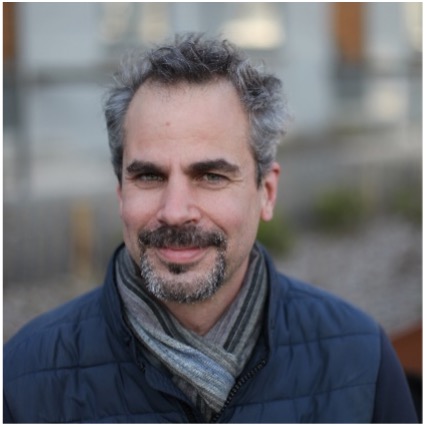Join us in the analysis of self-care from the Asian integrative medicine perspective
|
28 Nov 2024The December webinar of the “9 months, 9 universities” series, Intercultural perspectives on self-care: the globalisation of Asian mind-body practices, will be held on 11 December at 11 am CET on YouTube.
This talk introduces a discussion about the cultural understanding of self-care. Taking the example of recent globalisation and the spread of Asian mind-body practices (e.g. qigong, TCM, yoga and meditation), we will discuss the habitus of the “traditional” or “modern” usage of the body between Europe and Asia. From qigong training in Shanghai to a TCM class in the Faculty of Medicine in Lyon, self-care will be approached through the emergence of integrative medicine and the evolution of the patient experience and citizen autonomy in health prevention.

The speaker
Marceau Chenault is a teacher, anthropologist and choreographer who focuses on Asian mind-body practices for art and health. He is a research and training engineer who has coordinated the international training of medical humanities and social responsibility for health at the Faculty of Medicine Lyon East since 2020. In addition, he is also a researcher associated with the Laboratory of Cognitive and Social Anthropology and Psychology (LAPCOS) and a member of the College of Humanities and Social Sciences at UCBL. He worked at East China Normal University and the Shanghai Qigong Research Institute of TCM from 2009 to 2019. Chenault is the director of the professional training of the collective of breathing practices and dances in Lyon (www.dansesdusouffle.org) and the author of the book La Danse du Souffle (2020) and multiple papers on consciousness-based practices in the field of human and social sciences – his last paper focuses on awareness techniques of the poetic and energetic body.
9 Months, 9 Universities is a series of guest lectures that focus on specific topics related to language and culture and target mainly graduate and postgraduate students as well as Early-Stage Researchers and lecturers interested in these topics. The lectures are intended to generate awareness and appreciation for the topic of multilingualism as well as an understanding of t